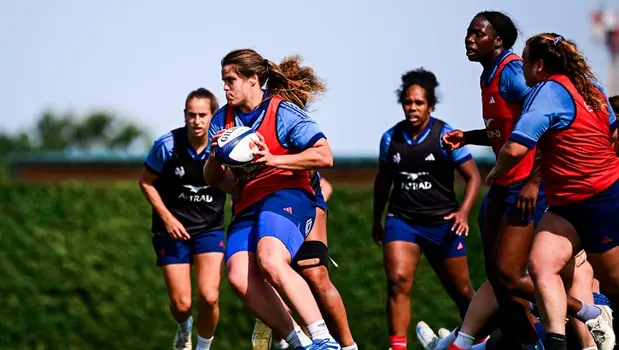T4K3.news
England EPS contracts and World Rugby mouthguards
England announces EPS contracts including Farrell omission; World Rugby rolls out flashing mouthguards to improve safety.
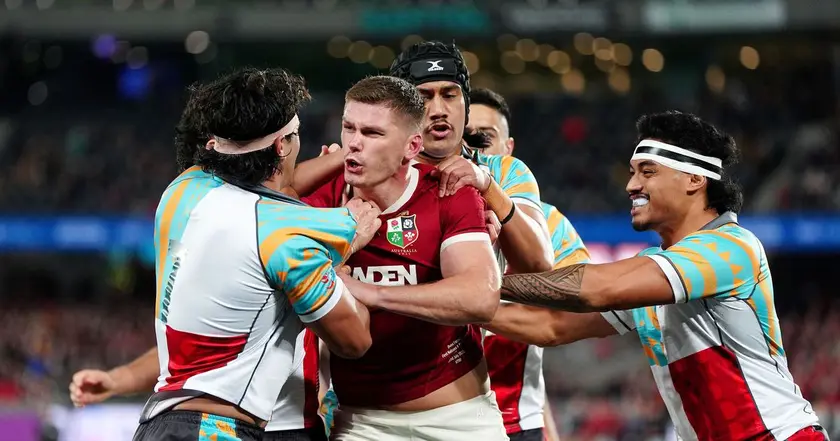
Two moves in rugby show how the sport blends money, safety and control across clubs and countries.
Farrell overlooked as England EPS contracts announced and World Rugby unveils flashing mouthguards
England has announced its enhanced Elite Player Squad contracts, with 25 players named and Owen Farrell notably missing. The deals, reported to be worth around £150,000, replace match fees with a fixed salary and give England control over players’ medical care. Several established players, including Fin Baxter, Luke Cowan-Dickie and Ben Curry, are among those taking up EPS terms, while others such as Henry Arundell and Sam Underhill did not secure renewed terms.
World Rugby will trial flashing LED mouthguards that light up after significant head impacts. A red flash signals a possible concussion, stopping play for a head injury assessment. The system will be tested at the Women's World Cup before a wider rollout. Dr Lindsay Starling said the feature will make big head impacts clearly visible to officials and fans, while Dr Éanna Falvey emphasised that personal autonomy remains important as adoption grows. The tech relies on acceleration data to trigger lights, with thresholds set at 75g for men and 65g for women, plus 4,500 radians per second squared. The current system uses Bluetooth to alert medical staff, which can take seconds to arrive.
Key Takeaways
"I am pleased to name the players who will receive an enhanced EPS contract this season"
Steve Borthwick announcing EPS selections
"Match officials and players will be able to see that this player has sustained a big head impact because their mouth guard is flashing"
Lindsay Starling describing the LED mouthguard feature
"But personal choice is an important thing, autonomy is an important thing"
Éanna Falvey commenting on autonomy in mouthguard adoption
The EPS changes show England’s preference for a fixed salary model to stabilize the elite layer and take control of medical care. It also signals how the value of senior players is being renegotiated in a system that rewards consistency and squad depth. Farrell’s omission suggests a broader strategy to balance experience with younger talent in a constantly shifting pipeline. The mouthguard rollout highlights rugby’s push for visible safety signals, yet it also raises questions about privacy and pace of change for players who may resist new gear. As Cheika talks of a revolution in rugby, the tension between bold reform and practical logistics becomes clear: fans want safer play, clubs want predictable costs, and players want autonomy.
Highlights
- Rugby is ripe for a revolution but needs real backing
- The red flash turns a hit into a headline moment
- Autonomy matters as much as safety in sport
- Fans will see the impact and demand accountability
Budget and public reaction risk
The decision to award EPS contracts worth up to about £150k per player raises questions about funding priorities in English rugby. The move could provoke backlash from fans or sponsors concerned about resource allocation. The safety tech rollout also touches on autonomy and privacy as the sport accelerates its adoption of new gear.
Rugby keeps evolving as safety and strategy move in step
Enjoyed this? Let your friends know!
Related News
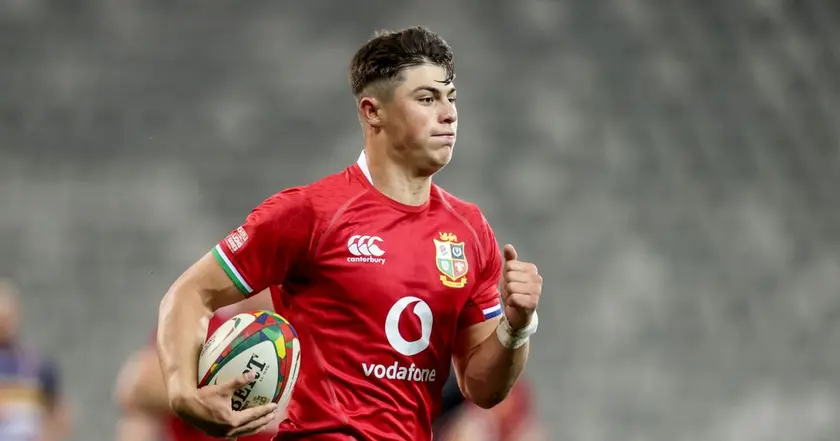
Louis Rees-Zammit signs with new rugby league
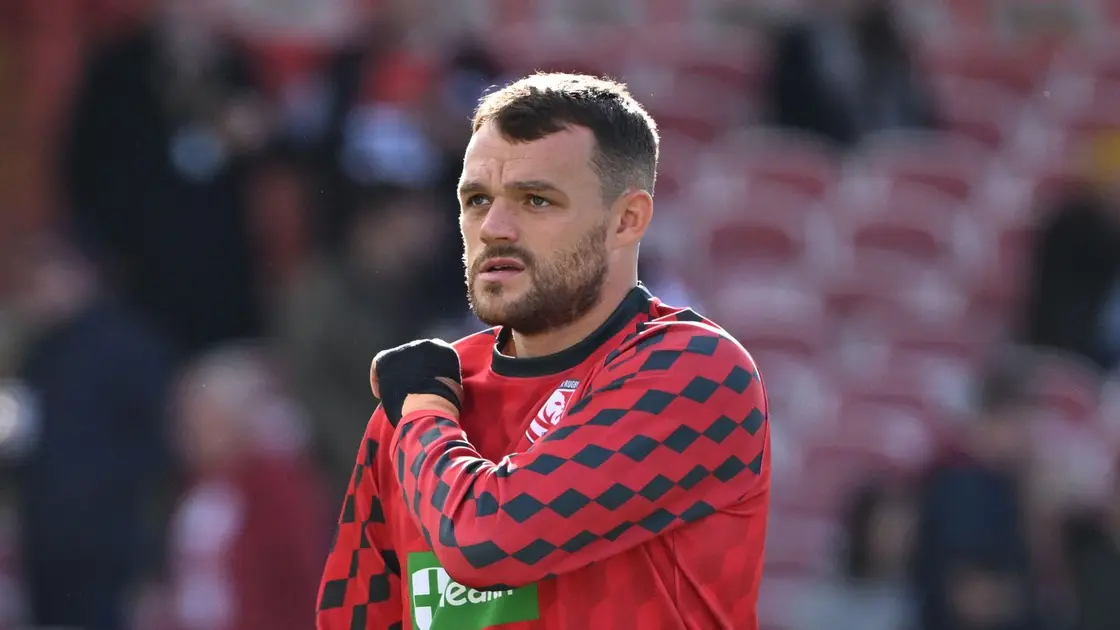
Mercer speaks on England snub and Toulon future
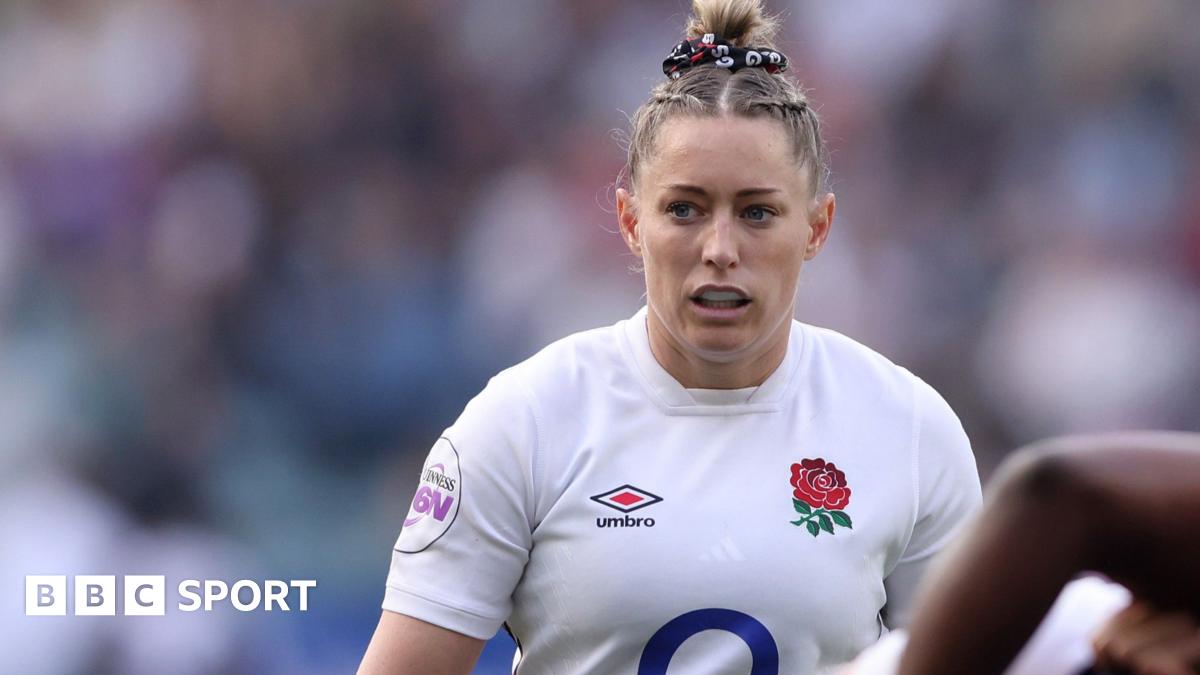
England's Rugby World Cup squad announced
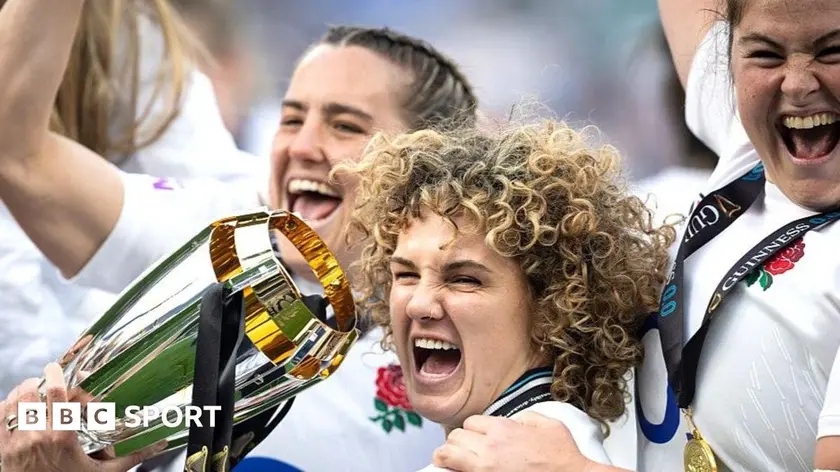
Kildunne returns for England's final World Cup warm-up match
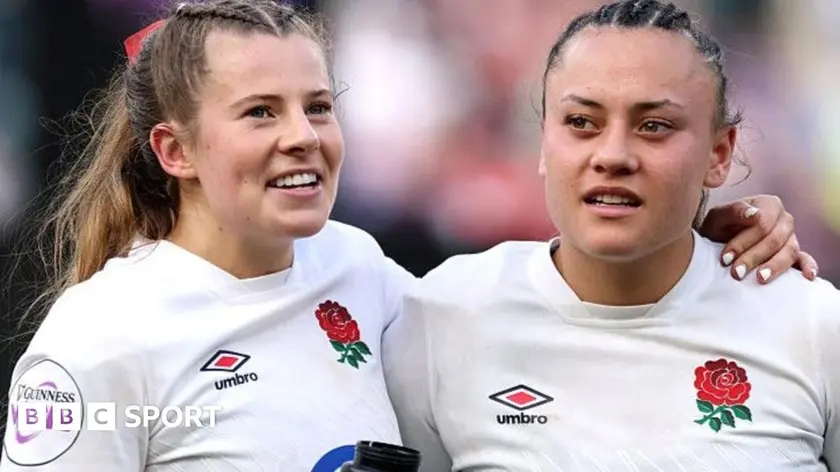
England faces Spain in Rugby World Cup warm-up
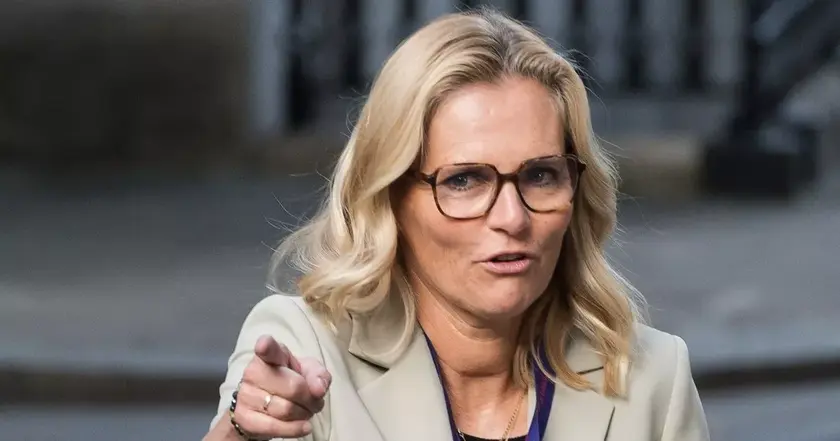
Sarina Wiegman faces uncertainty regarding Lionesses future
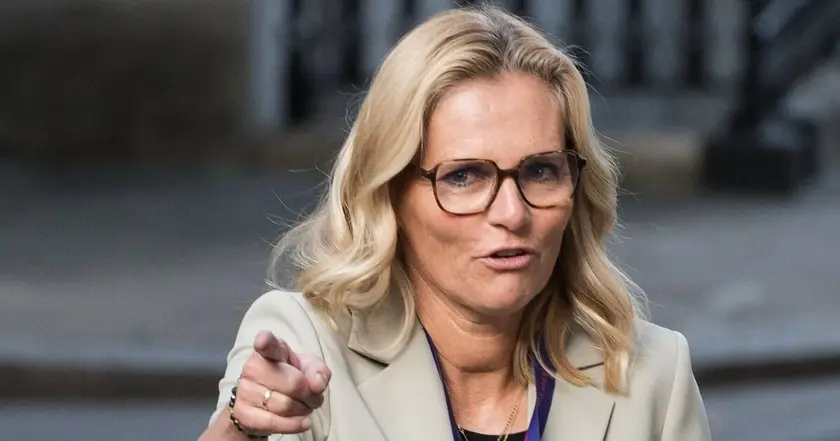
Sarina Wiegman's future as Lionesses coach is uncertain
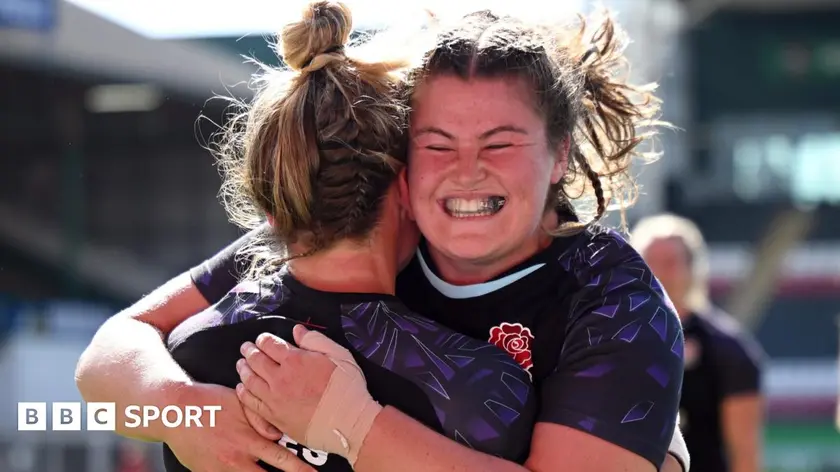
Marlie Packer red card overshadows England's 97-7 victory over Spain
